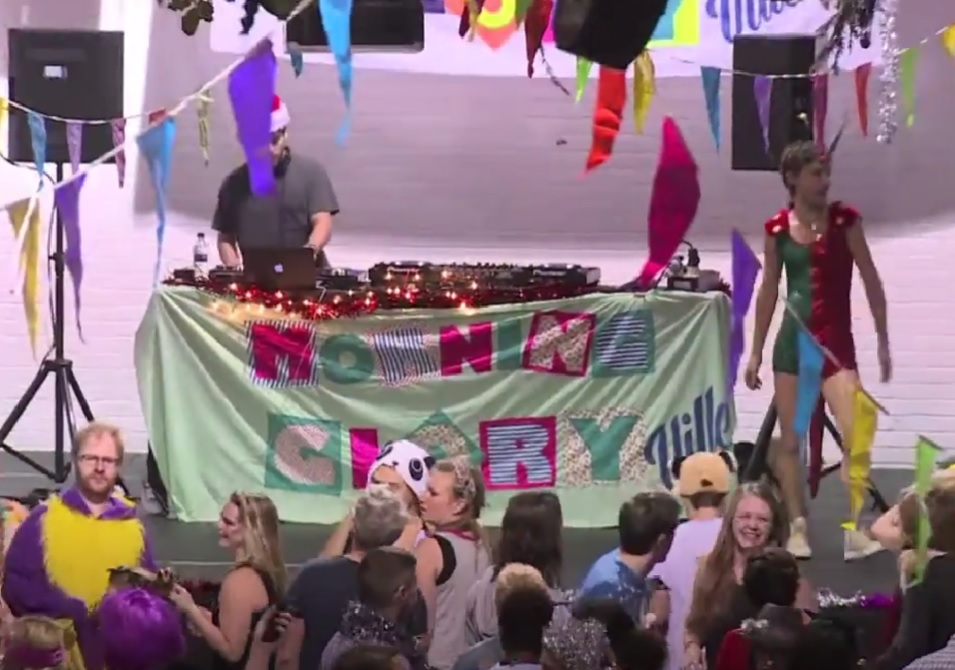Today, “disco” brings to mind glittering lights, timeless grooves, and the pulsing energy of the dancefloor. But before it became a genre—or even a style—it was a word borrowed, transformed, and redefined by decades of cultural, social, and sonic change.
The story begins not in New York or Miami, but in 1940s Nazi-occupied Paris, where swing and jazz were outlawed by the regime. Live music was banned, but the beat found refuge underground. Secret venues began playing recorded music instead—becoming known as discothèques, derived from the French disque (record) and thèque (collection or library). These were spaces of resistance, joy, and cultural defiance. Places where music kept freedom alive.
In the postwar years, the word “discothèque” traveled to the United States, first as a name for fashionable nightclubs. But in 1970s urban America, something else started to happen: disco—a shortened, Americanized version of the word—took on new meaning. No longer just a place, “disco” became a sound, a scene, and a cultural force.
By 1973, disco was being used to describe a new breed of DJ-led music focused on rhythm, repetition, and dancefloor ecstasy. In 1974, Billboard introduced the “Disco Action” chart. And in 1977, Saturday Night Fever exploded into cinemas, turning an underground phenomenon into a global obsession. The word “disco” was everywhere—from record stores to radio stations to fashion ads.
But like all powerful words, its meaning kept evolving.
What was once discothèque became disco club.
Then just disco.
And eventually—just club.
Today, the word “disco” is rarely used to describe nightlife venues. Clubs market themselves by genre, brand, or vibe—rarely by name. In everyday language, the term often causes confusion: Is disco a genre, a place, or just a vintage aesthetic?
In fact, for younger generations, “disco” can sound outdated—until they realize it’s everywhere.
It’s in Dua Lipa and Beyoncé. It’s in bars and cafés playing vinyl edits. It’s in TikTok trends, supermarket playlists, festival anthems, and nostalgic remixes.
Disco has shape-shifted. It no longer lives only in “clubs”—in fact, it might live more now in bakeries, gyms, rooftop bars, and morning rave brunches than it ever did in basements.
It moved from the night shift to the morning glow. From the underground to the algorithm.
But while its form has changed, its function hasn’t.
Disco still means freedom.
Disco still means pleasure, self-expression, sensuality, movement, and togetherness.
It no longer needs defending. But it still needs celebrating.
That’s why International Disco Day exists.
To remind the world that “disco” isn’t just a word from the past.
It’s a living, breathing force that continues to shape how we move, connect, and feel—together.

